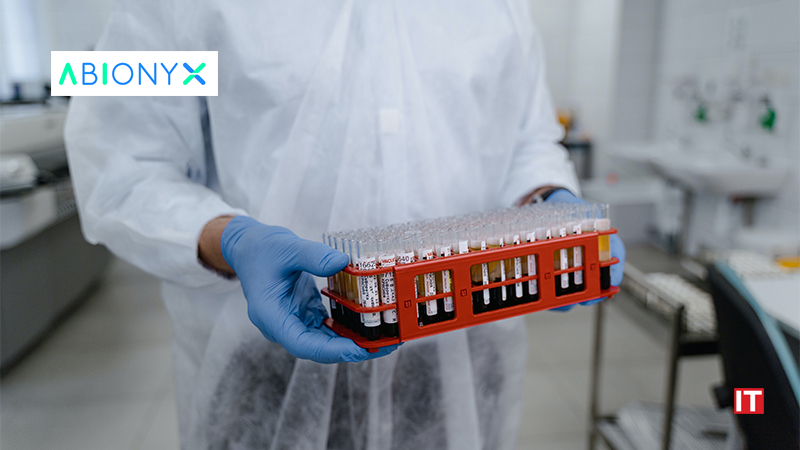ABNX – PEA PME eligible), a new generation biotech company dedicated to the discovery and development of innovative therapies for patients, reported positive interim results of an open-label Phase 2a clinical trial evaluating CER-001 as a treatment for septic patients at high risk of developing Acute Kidney Injury (AKI).
The RACERS study aims to include 20 patients with gram-negative sepsis who are at high risk for acute kidney injury due to high levels of endotoxin activity and decline in function of one or more organ systems. Completion of the study has been delayed due to the COVID pandemic, which has limited availability of critical care beds and medical staff for non-COVID patients, since the first study patient was enrolled in June 2021. To date, thirteen patients have been enrolled and seven remain to be recruited. An interim review for the first ten patients to complete the study has been performed.
Compared to standard of care therapy, CER-001 rapidly improved biomarkers of inflammation including leukocytosis, and endothelial dysfunction, preventing septic patients’ decline into acute kidney injury. CER-001 treatment was well tolerated at all dose levels (5, 10 and 20 mg/kg, twice a day). No treatment-related serious side effects were seen in this critically ill patient population.
Loreto Gesualdo, full Professor, Head of the Nephrology, Dialysis and Transplantation unit, University of Bari Aldo Moro, Italy and lead investigator of the RACERS study stated: “This is the first study in humans using a recombinant Bio-HDL to treat acutely ill septic patients. The results to date with CER-001 are consistent with the known pleiotropic effects of HDL, scavenging endotoxin, reversing the cytokine cascade and improving endothelial function. Response to CER-001 treatment was rapid, relative to standard of care therapy, with clinical benefit demonstrated as soon as Day 3. These preliminary data reproduce the results we observed in our pre-clinical swine model of sepsis-induced AKI. We look forward to completing the study and using the results to design the phase 2/3 study.”
Also Read: Ultivue Announces Multiple Events for Multiplex Immunofluorescence and Image Analysis Technology
Connie Peyrottes, Senior VP clinical development at ABIONYX Pharma, added: “We believe the interim results from the RACERS study represent a unique opportunity for ABIONYX in the sepsis landscape, and suggest that CER-001 may have utility as a safe and effective treatment for critical illnesses marked by inflammation and organ failure across different high mortality clinical indications with high unmet medical needs.”
Cyrille Tupin CEO of ABIONYX concluded: “The promising interim results of this Phase 2a study confirm that CER-001 could potentially fill a void that exists in treating sepsis and other severe, acute inflammatory diseases. If consistent results are found in the remaining patients, these results, along with the recently published results in COVID-19, support our strategic decision to develop bio-HDL as short-term therapy for acute conditions.”
Next financial press release : Annual Results, April 28th 2022
About ABIONYX Pharma
ABIONYX Pharma is a new generation biotech company that aims to contribute to health through innovative therapies in indications where there is no effective or existing treatment, even the rarest ones. Thanks to its partners in research, medicine, biopharmaceuticals and shareholding, the company innovates on a daily basis to propose drugs for the treatment of renal and ophthalmological diseases, or new HDL vectors used for targeted drug delivery.































